
Politics
11:23, 11-Jun-2018
Treaties and tests: Timeline of DPRK’s nuclear program
CGTN
02:19
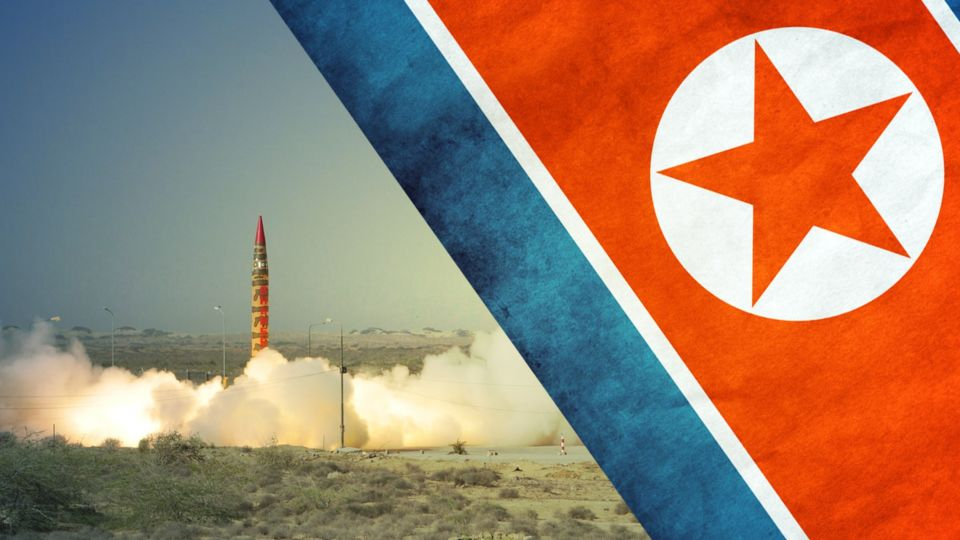
Final preparations are underway for the historic summit between US President Donald Trump and Democratic People's Republic of Korea (DPRK) leader Kim Jong Un. They will meet in Singapore Tuesday to discuss Pyongyang’s nuclear program, which is a point of contention of decades in the making.
The DPRK has carried out more than 150 missile and nuclear tests since 1984 and over half have been conducted since Kim Jong Un came into power in 2011. According to data from Center for Strategic and International Studies, 47 missile tests were conducted under the rule of Kim Jong Il and 99 were under Kim Jong Un (only full flight tests were counted). The DPRK has conducted six nuclear tests, respectively in 2006, 2009, 2013, twice in 2016, and 2017.
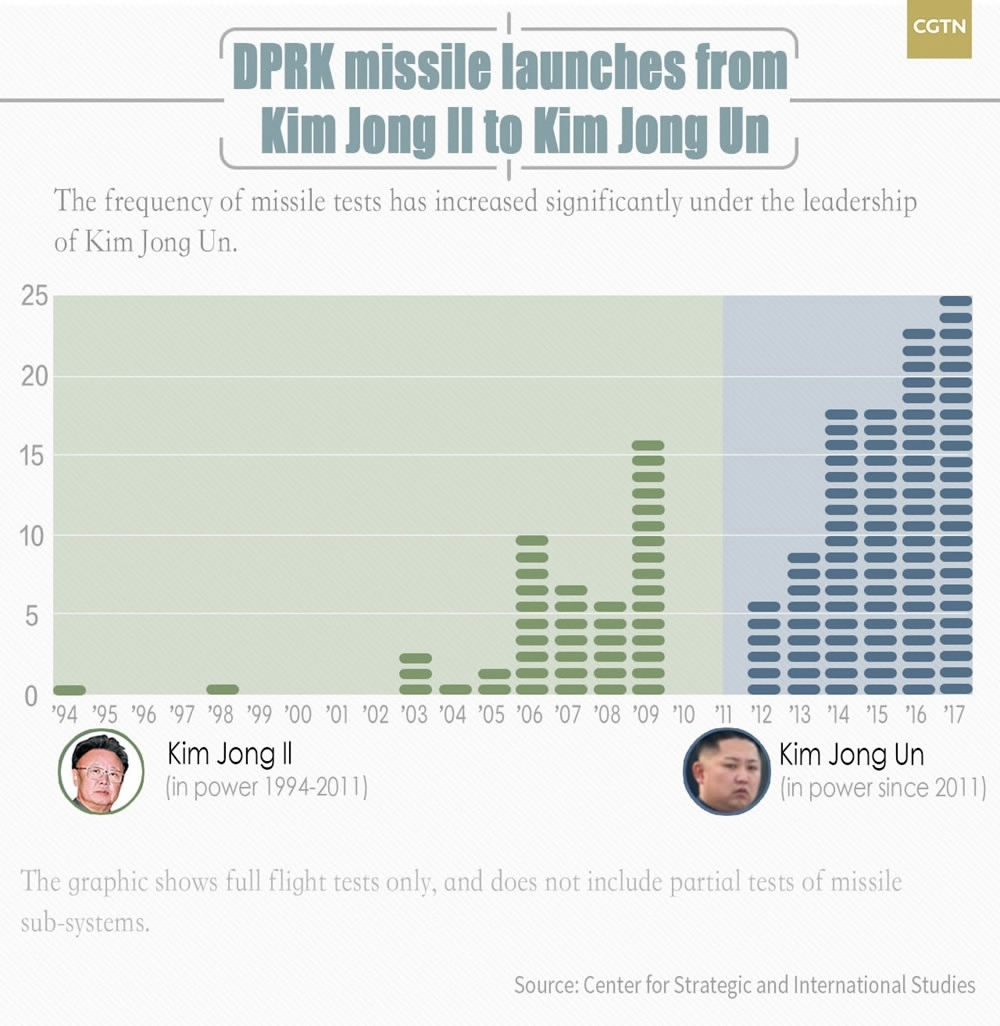
CGTN Infographic
CGTN Infographic
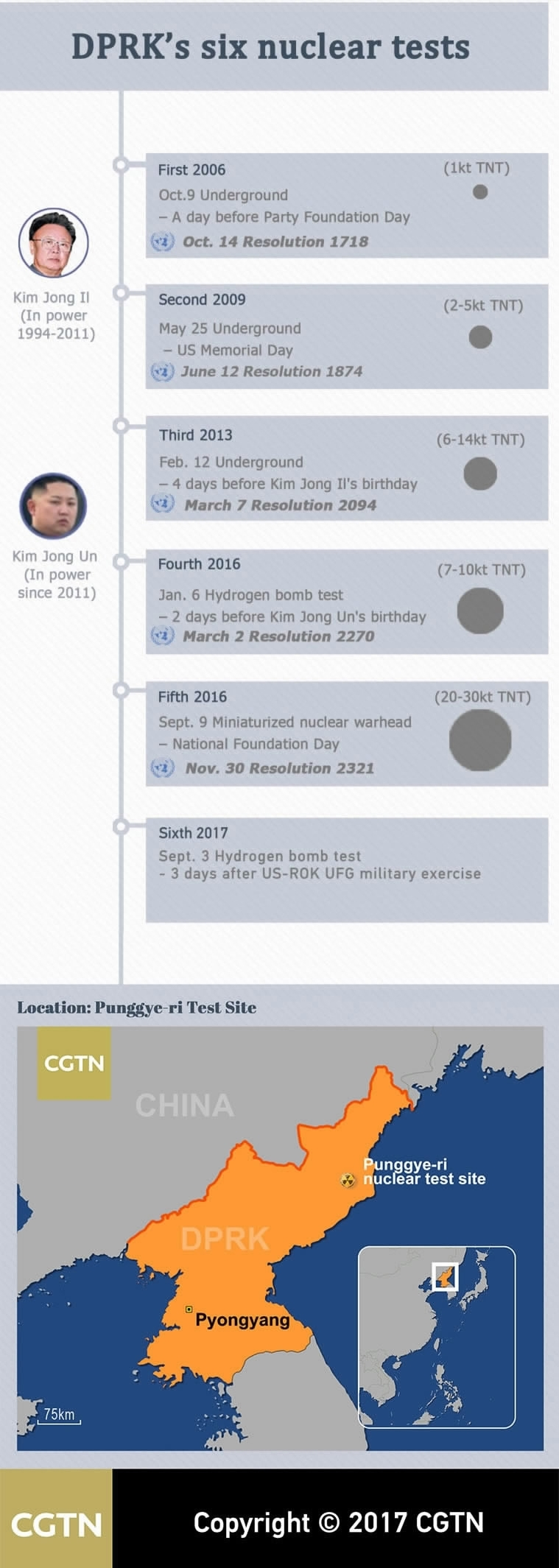
CGTN Infographic
CGTN Infographic
In the early period of the Cold War, the DPRK believed that it was under tremendous threat and chose to rely on the Union of Soviet Socialist Republics (USSR) for security and assistance. At the beginning of the 1990s, the disintegration of the USSR, the end of the Cold War, and the establishment of diplomatic relations between China and the Republic of Korea all made the DPRK feel extremely insecure.
"It looks as though the events of the early 1990s deeply upset North Korea (DPRK) and led to its decision to go its own way, including by making the nuclear choice as far as its security was concerned," Chinese veteran diplomat Fu Ying once said.
Read more:
Below is a timeline of DPRK's nuclear path:
1985 – Pyongyang signed the nuclear non-proliferation treaty. But within a decade, the DPRK would threaten to quit the treaty, protesting a request by international inspectors to access two nuclear waste storage sites.
1994 – The DPRK signed an agreement with the US to freeze and ultimately dismantle its old nuclear reactors in exchange for international aid to build two light-water reactors.
2002 – Then US president George W. Bush labeled the DPRK as part of the “Axis of Evil,” along with Iran and Iraq. Washington claimed Pyongyang admitted to operating a secret nuclear weapons development program.
2003 – The DPRK withdrew from the nuclear non-proliferation treaty, and then claimed it had nuclear weapons.
2006 – After pledging to give up its entire nuclear weapons program, the DPRK tested a nuclear weapon and long-range missiles. The UN Security Council imposed sanctions.
2007 – At six-party talks in Beijing, Pyongyang made another pledge to disable its nuclear weapons facilities.
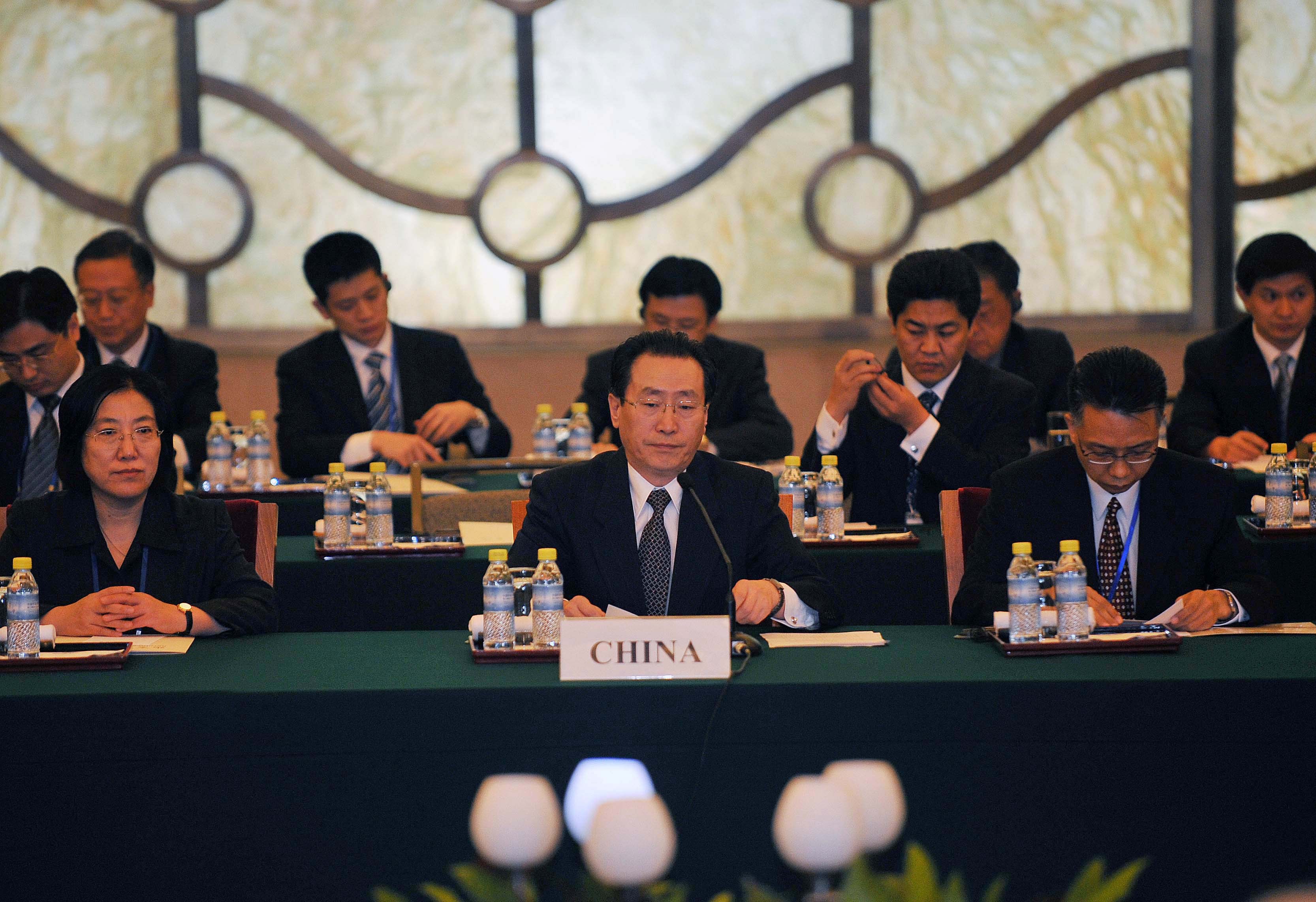
Chinese top negotiator to the six-party talks Wu Dawei (C) attends the second phase of the talks aimed at disabling DPRK's nuclear capabilities in Beijing, September 27, 2007. /Xinhua Photo
Chinese top negotiator to the six-party talks Wu Dawei (C) attends the second phase of the talks aimed at disabling DPRK's nuclear capabilities in Beijing, September 27, 2007. /Xinhua Photo
2008 – Even though the DPRK missed the deadline, the US removed it from its list of state sponsors of terror. Another round of six-party talks was held in Beijing.
2009 – The DPRK conducted another nuclear test. Again, the UN Security Council imposed sanctions.
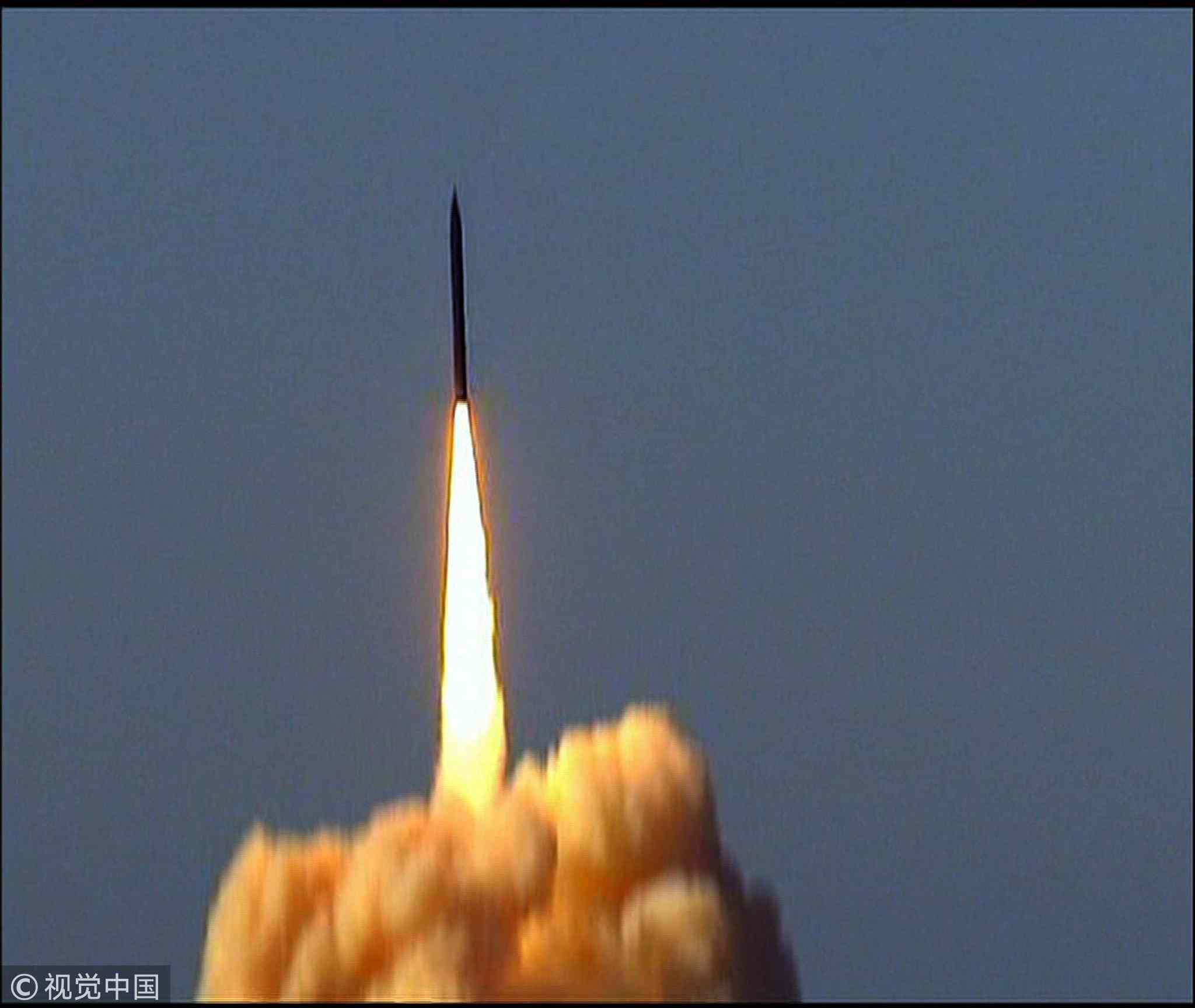
The DPRK launched a missile and declared on May 25, 2009, that it had successfully carried out its second underground nuclear test. /VCG Photo
The DPRK launched a missile and declared on May 25, 2009, that it had successfully carried out its second underground nuclear test. /VCG Photo
2013 -The DPRK conducted a third nuclear test, which was the first such test under Kim Jong Un. The United Nations imposed more sanctions.
2015 – Pyongyang claimed to have a hydrogen bomb and the ability to miniaturize nuclear weapons. Washington said it didn’t believe these claims.
2016 – The DPRK said it successfully conducted a hydrogen bomb test.
2017 – Pyongyang claimed it successfully detonated a hydrogen bomb capable of being carried by an intercontinental ballistic missile (ICBM), and the DPRK threatened a nuclear strike on the “heart of the US” if any attempt is made to depose Kim Jong Un.
2018 – Kim Jong Un announced the suspension of nuclear and missile tests and one month later the DPRK dismantled its nuclear test site in front of foreign journalists. Now the world looks forward to Tuesday's summit in Singapore.

SITEMAP
Copyright © 2018 CGTN. Beijing ICP prepared NO.16065310-3
Copyright © 2018 CGTN. Beijing ICP prepared NO.16065310-3